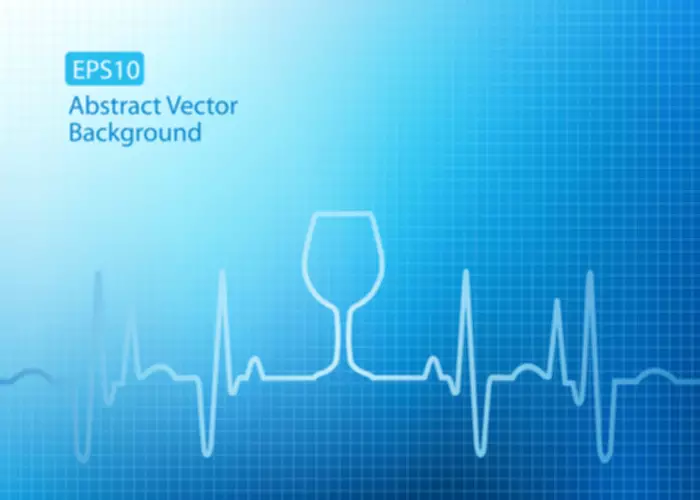
All Addiction Resource content is medically reviewed or fact checked to ensure as much factual accuracy as possible. Our professional staff is prepared to explain the treatment process and what it can look like for you or your loved one. The first priority is getting you or your loved one the help they need. Contact our treatment specialists helpline today to start the journey to recovery.
Lifestyle Quizzes
For non-randomized studies, we used the Cochrane risk of bias in non-randomized studies of interventions (ROBINS-I) tool 30. Risk of bias assessments were performed by one trained reviewer (JK) and verified by the principal investigator (JM). People who habitually abuse alcohol can experience alcohol-related seizures approximately six to 48 hours after their last drink.
Alcohol and risk of SUDEP in a person with epilepsy
Locating an alcohol addiction rehabilitation center that offers supervised medical detoxification can help a person safely detox from alcohol is very important. When a person is detoxing from alcohol, seeking help from medical professionals or a detox facility can save their life. Most of the time, seizures can last between 30 seconds to two minutes. If a seizure lasts close to five minutes or more, it becomes a medical emergency.
Focal Seizures (or Focal Epilepsy)
Primary care physicians should offer to initiate appropriate medications. There are many potential triggers for someone who is prone to seizures.Flashing lights, especially repetitive on and off or patterns, may trigger a seizure. However, someone who is having an alcohol withdrawal alcohol withdrawal seizure seizure may not need any trigger other than stopping alcohol use. Alcohol withdrawal seizures can occur within a few hours or up to72 hoursafter stopping drinking.

Benzodiazepines vs. placebo

Your CNS controls your body’s automatic processes like breathing and heart rate. Your CNS is on the other side of the rope pulling back by increasing its own activity to keep things running. Over time, your CNS adjusts and sees that increased activity level as its new normal. • Alcohol withdrawal seizures occur 6 to 48 hours after alcohol cessation. A report from 2021 also found that alcohol-related deaths were five times more likely in people with epilepsy than those without the condition. In this article, learn what alcohol does to the brain, how it can lead to seizures, and what you need to know about alcohol use if you already have a seizure disorder.

Binge drinking refers to a scenario where you drink a lot in a short period of time, and the seizures related to binge drinking can stem from withdrawal. Even if you’re not a chronic drinker, in some cases, you may also experience withdrawal seizures after binge drinking. Withdrawal seizures can begin within just a few hours after stopping drinking, or they can take up to72 hoursto start. Withdrawal is something that happens when your body has become dependent on the presence of drugs or alcohol. When you suddenly stop using that substance, your body goes through withdrawal symptoms as it adjusts to the absence of the addictive substance; this is why alcohol and seizures have a relationship with one another.

- One drink is equal to 14 grams (g.) of pure alcohol, which can take many different forms because some forms have a higher concentration of alcohol than others.
- Binge drinkingand alcohol withdrawal togethercan cause seizures, even in people not previously diagnosed with epilepsy.
- Phenytoin does not have evidence of effectiveness at preventing withdrawal seizures in the ED.
- Unprovoked seizures that occur more than 48 hours after a person’s last drink may be due to another cause, such as head injury or withdrawal from other drugs.
The patient was discharged but returned 6 hours later because of two further tonic-clonic seizures that occurred 20 minutes apart. The wife clarified that that he was a heavy drinker and that during the weekend the patient had been drinking continuously for 3 days. The patient’s Clinical Institute Withdrawal Assessment for Alcohol-Revised (CIWA-Ar see below) scale was 14 (71).
Excessive consumption of alcohol causes alcohol-related neurologic disease. When you consume alcohol, it’s absorbed into your bloodstream from the stomach and the small intestine. Alcoholic neuropathy occurs when too much alcohol damages the peripheral nerves.










